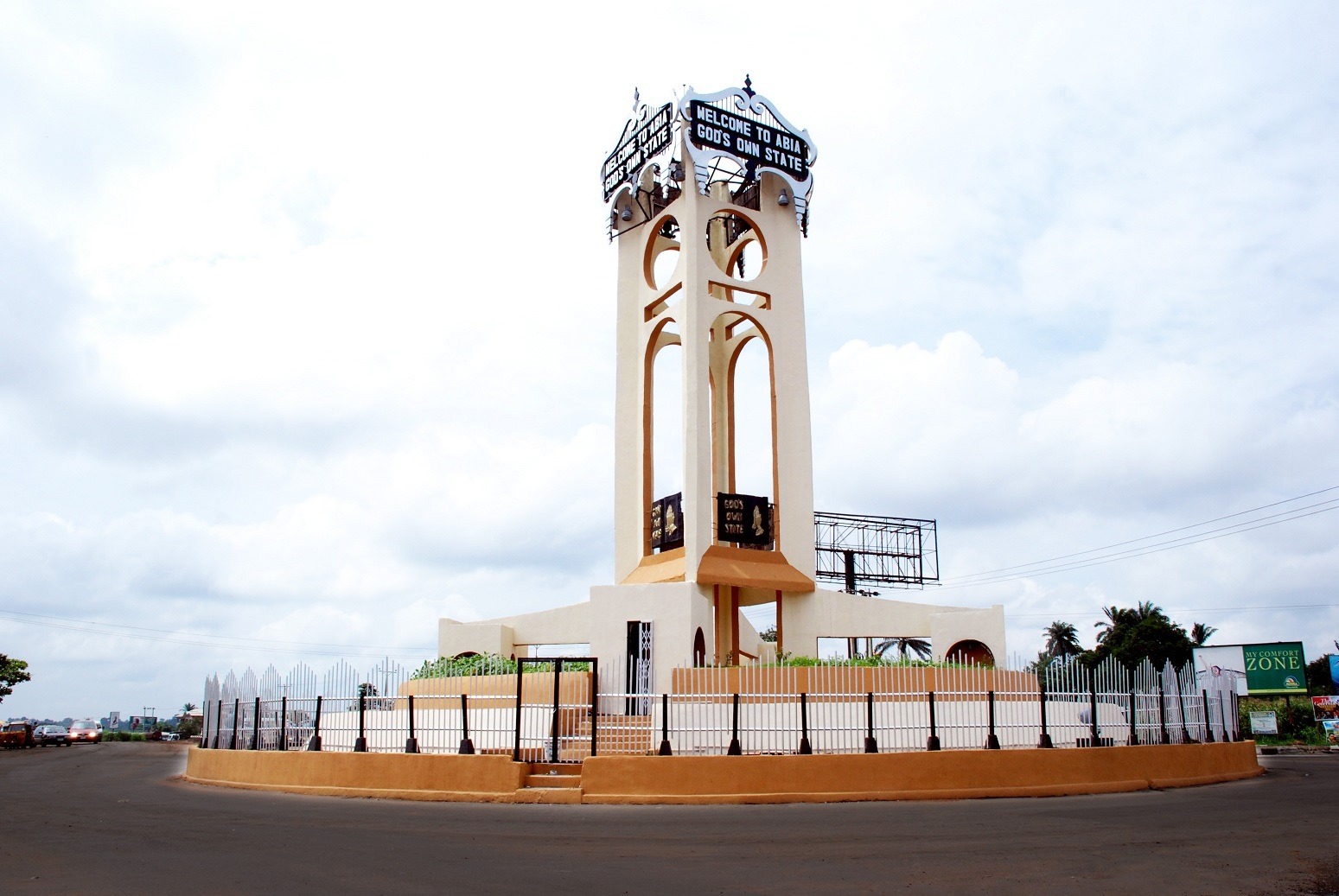The Rule of Law
The Rule of Law

Law and order create the enabling environment for the political, social and economic life of a society. Respect for the rule of law is a key pillar of democracy. No one is above the law, and everyone is obligated to respect the law. The courts decide disputes and people accept and live with judicial decisions, and move on. The collective acceptance of living by the rule of law assures peace, stability and functioning of the society. Elected leaders are held accountable by the electorates through the ballot box, peaceful protest, and court/legal challenges of actions that are in violation of the law. People’s bill of rights (free speech, free assembly, free religious beliefs and practices, civil and political rights) are protected by the law and cannot be taken away by the government without due process. Businesses invest and contribute to the economic life of the society because the law makes it possible and also protects their investment. If a law is not serving the needs of the people, then it can be changed by following a lawful, peaceful and legitimate process. For example, citizens may call or write their elected representatives to
express their concern; they may organize or participate in peaceful protest against the law and demand a change; or they may wait for the next election to vote out poor performing lawmakers, and vote in lawmakers that they believe can provide effective representation of their interests.


